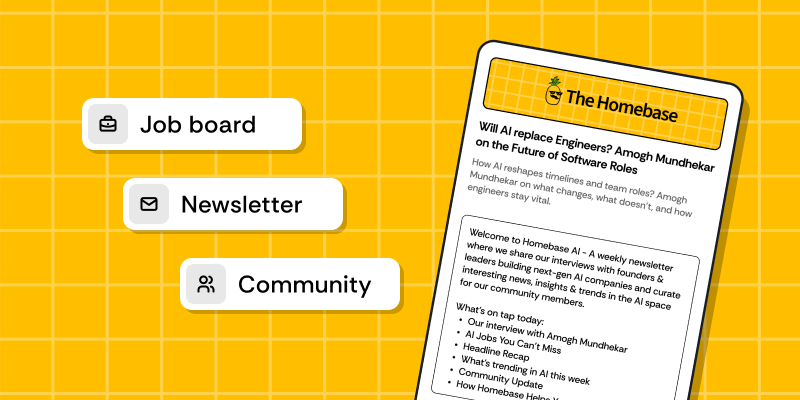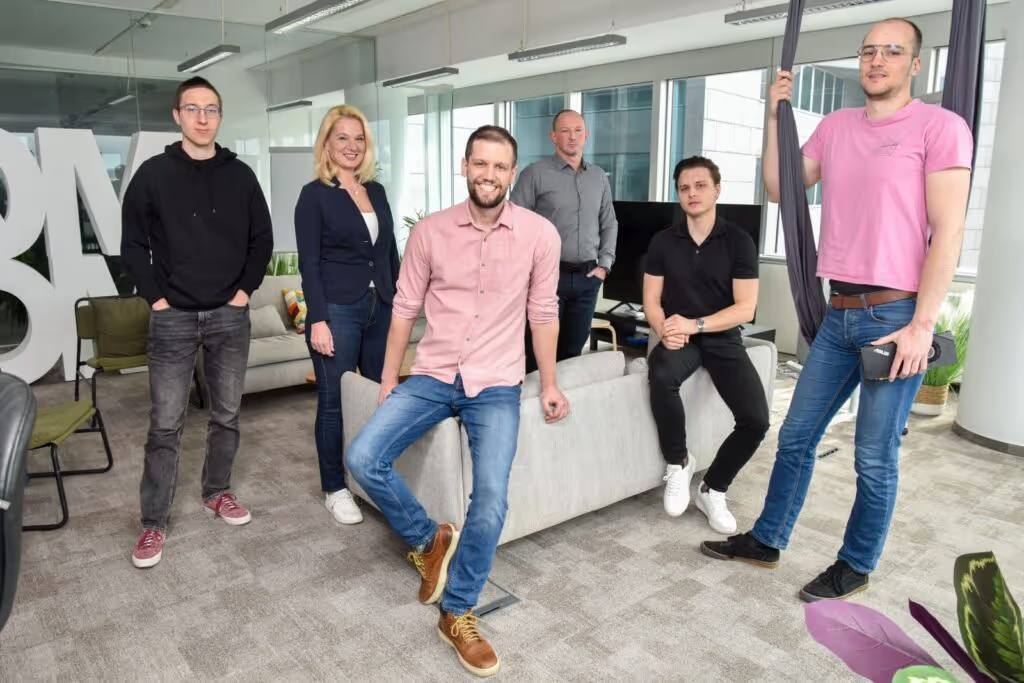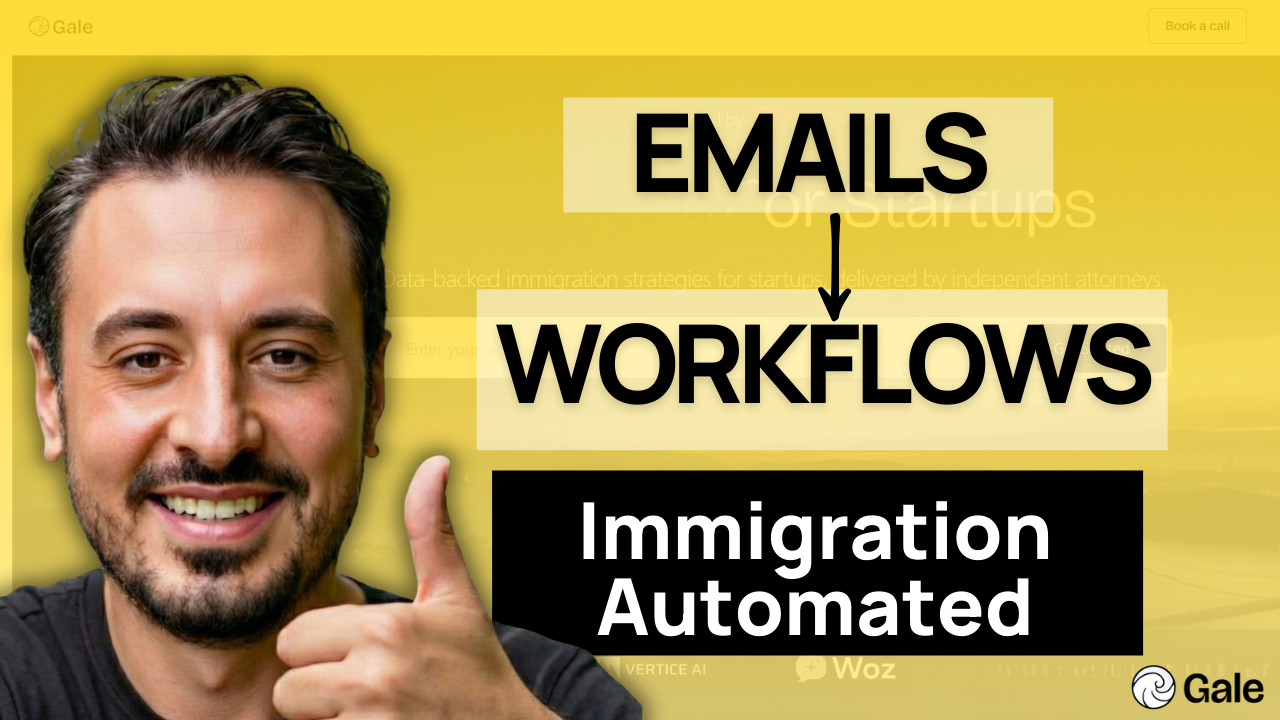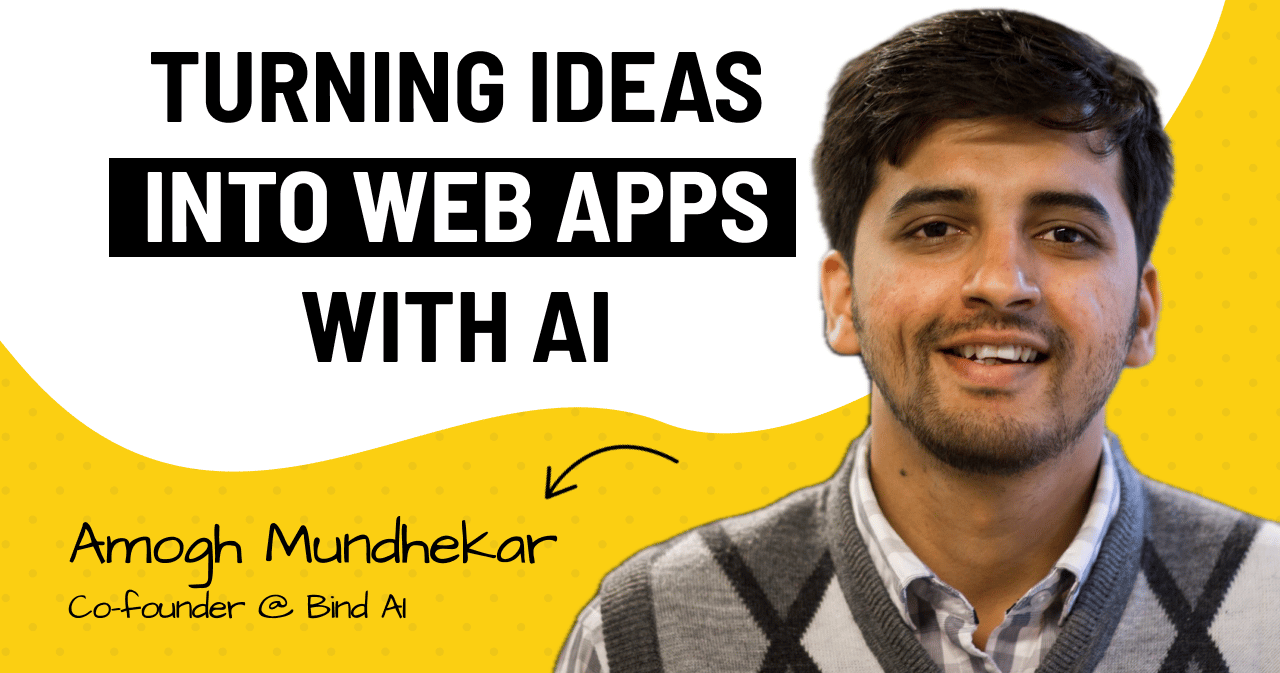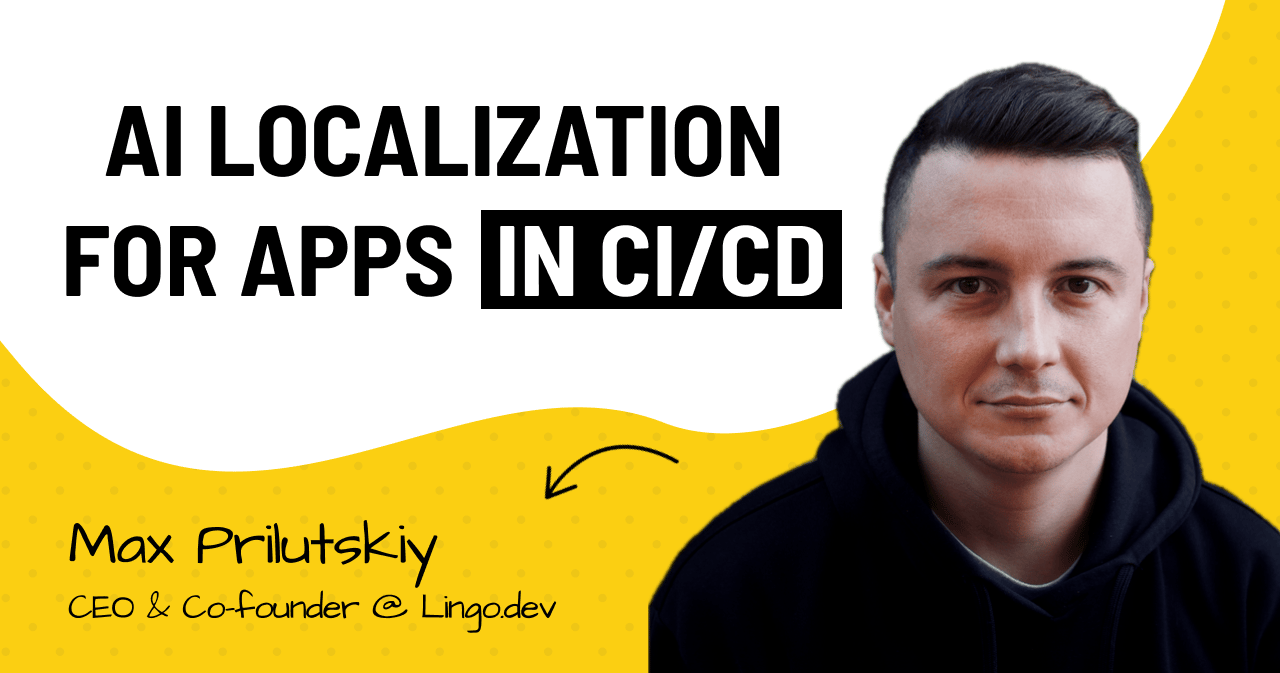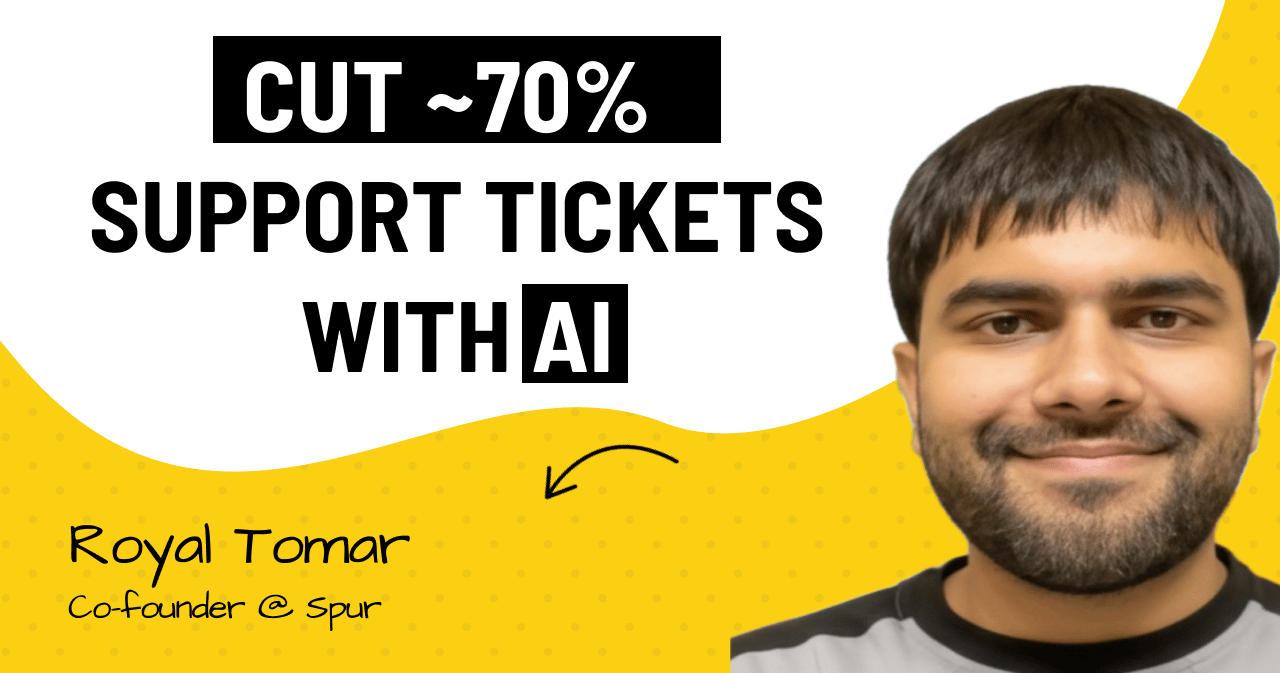“We at TensorPix think this is a billion-dollar startup because we're ultimately trying to solve the low-quality media problem. Imagine if poor-quality photos and videos simply didn't exist anymore. Every phone or camera could shoot in DSLR at a quality level. That's what we are aiming for.”
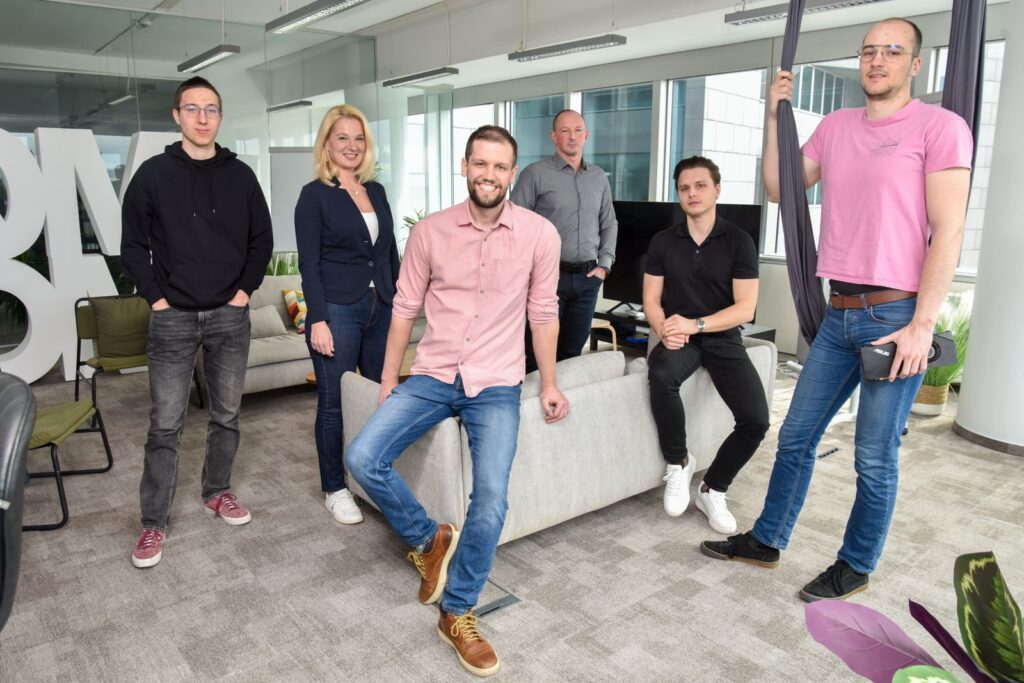
|
Company: |
Founded: |
Headquarters: |
Key Highlights:
-
Made pro-level media enhancement accessible
-
Innovating in AI-powered visual improvement
-
Changed their approach based on what real users wanted
-
Grew by writing content that ranks well in search engines
-
Kept costs low and used their own money instead of investors
-
Got more users by focusing on what people actually needed
Hello! Tell us who you are and what’s your backstory.
I grew up in Velika Gorica, a small satellite town near Zagreb, the capital of Croatia. After finishing elementary school, my education continued in Zagreb during high school and college studies.
PCs were just becoming a thing at the start of millennia in Croatia, and fortunately, my dad knew much about them. He taught me basic stuff that seemed very advanced to me at the time, but it was enough to spark my interest in these things called computers.
I had straight As in elementary school so I could choose among the best high schools in the country. I wanted to enroll in the Velika Gorica High School because it was easier and closer, but my parents were smart enough to persuade me to enroll in the best mathematical gymnasium in Zagreb.
That went a lot worse than expected. Pure geniuses surrounded me and quickly found out that I wasn’t the smartest guy in the room anymore. 4 years went by and I was still a below-average student in my class.
But, one thing did change in my last year. For some reason I don’t remember, I decided I would develop an Android app for book summaries. Safe to say, I sucked at programming cause it looked so uninteresting during official courses. 3 months later, the app went live on the Play Store. The code still gives me nightmares even today, but the app worked, and it got to half a million downloads. At that moment I learned that persistence can triumph over any kind of talent.
I knew I wasn’t a genius who could integrate triple integrals in his head. However, my superpower was my persistence. When I set my mind on something, that gets done.
The persistence also got me my CS degree. Uni was much harder than high school but it still wasn’t a match for my persistence. During university, I also started reading non-fiction books en masse. It was very motivating to see so many different people achieve such extraordinary things. Sometime during college, I came to realize I too wanted to do something big. The standard career path looked very boring to me.
And when I set my mind on something, that will get done. Here I am, 6 years later with a startup under my command.
Can you give us your elevator pitch?
TensorPix is an online and AI-powered video and image quality enhancer. If you have videos/images that are old, low resolution, blurry, with low framerate, or shaky, you come to our web app, upload, click a few buttons, and a few minutes later, your footage automatically looks much better.
The key thing is that the app is online, that is, accessible from any device: laptop, desktop PC, smartphone, tablet, and maybe even a smart fridge (we didn’t test it).
AI video and image processing is very compute intensive, so users usually need powerful and expensive hardware to run such software. We remove that hassle by offloading heavy work to the cloud servers.
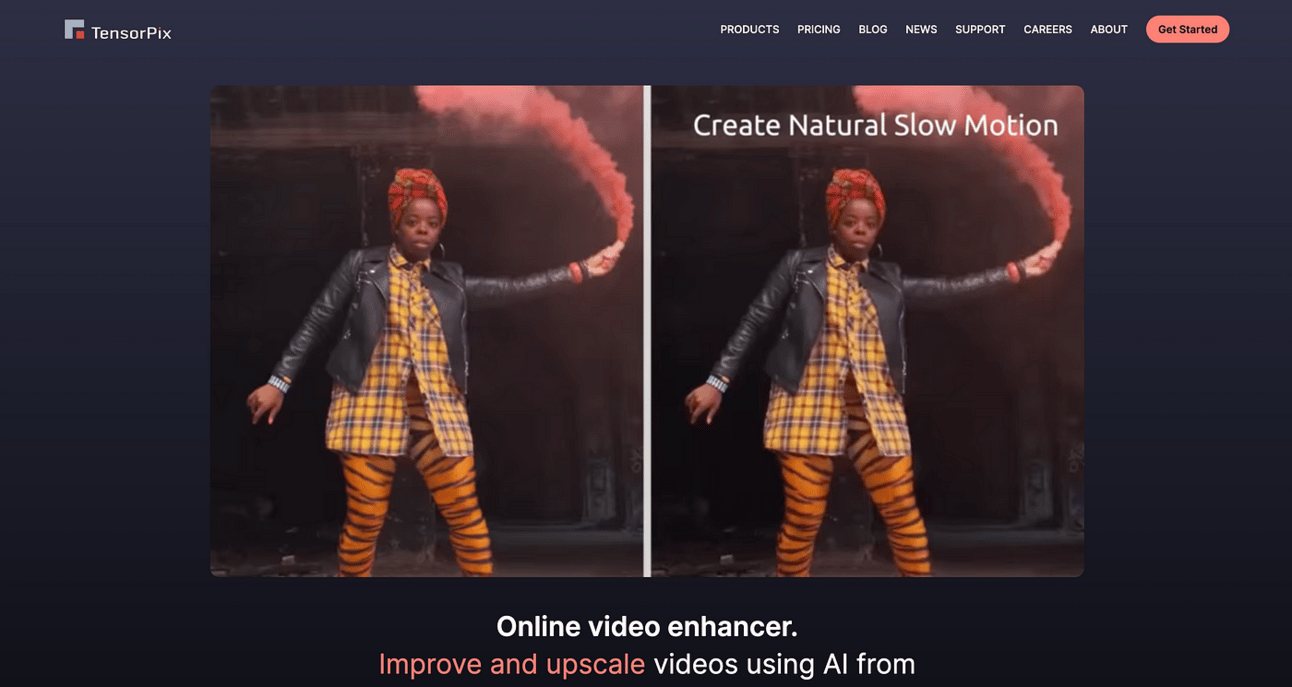
What was the moment or situation that sparked the idea for your business?
Probably right after we made our first prototype. I didn’t know anything about media file quality enhancement before TensorPix.
After I saw with my own eyes the tech was working, a whole new perspective dawned upon me. We could eliminate low-quality videos and images… forever and for anyone. This was a powerful thought for me.
How did you test and refine your initial product idea, and were there any significant pivots or changes in direction based on initial feedback or market response?
Our first approach was B2B. The idea was to license tech to big video archives such as national TVs. We went to the Croatian national TV and quickly found out the industry is very slow and skeptical of new products.
Startups have to move fast or they die, so we pivoted to B2C. The first web app MVP launched in early 2021. It looked like shit, but it worked. For the next 12 months, we tried to onboard early users and get as much feedback as possible.
It was a very depressing and disappointing process. We worked our buts off for the whole year, and we got like 50 monthly active users. Nearly not enough for a unicorn status.
In early 2022, I almost gave up. I did give up, but my co-founder was clever enough to tell me to keep the servers and site running. Everything was automated, so I left it as it was.
4 months later, a small miracle happened. I opened site analytics and saw a significant increase in the number of users. It was still a small number in absolute terms, but it gave us hope there is a viable market for our product. Ever since then our user base has been increasing.
Take-home lesson: set up analytics and measure everything from day 0. Google Analytics is free and good enough for starters. HotJar is also quite helpful.
What specific strategies or decisions significantly contributed to the growth and scaling of your business?
Running cheap and quick experiments is definitely one of the tactics. Let’s say you want to do action X.
Action X will cost you time, money, and other opportunities, so you should be at least 80% sure the action will result in the outcome you expect.
In reality, you can’t be even 10% sure something will work, so the next best thing is to save time and money while doing action X. To do so, always think long and hard about all the different ways to achieve action X outcome.
You will frequently find ways that are much faster and/or take a lot fewer resources than the first idea you had.
Example: If you want to implement feature Y, does it need to be a full-blown feature, or can you cut corners on noncritical parts? It’s something like an MVP for features. As soon as the feature is live, put it in front of the users to get feedback and act on that.
Or even better, run a quick user survey before starting the implementation.
Can you share some major challenges and how you tackled them?
I feel like every challenge in a startup is major. Only the challenge description changes.
In the beginning, the hardest challenge is to find users and PMF. Then comes retention. Then scaling. Then keeping the #1 place in the market. Then exit.
Startups are high-risk endeavors. You’re breaking the ice in almost every aspect of your business. It has to be hard by definition. Otherwise, everyone could do it.
Each stage will have its unique challenges and there is no universal playbook that works for all of them.
One thing that did help was reading books about a soon-to-be problem. If we were to start hiring in 3 months, I would read a book about hiring before that. That way I know how to avoid major hiring pitfalls.
How did you really get to know your customers and market?
We’re very numbers-driven. The best way for us to understand customers was to measure what they did.
If we added a new feature, did the conversion rate increase, decrease, or didn’t budge? If the change is positive, we’re onto something so we go in that direction.
We also do user interviews /focus groups to get more holistic feedback. These are most useful when we want to test existing features.
You have to be careful with interviews/focus groups when looking for new stuff to add. B2C users usually don’t know what they want and will tell you all sorts of things. That’s why it’s better to develop a feature very rapidly, and then test if the users like it.
I highly recommend “The Mom Test” book to help you out with interviewing users.
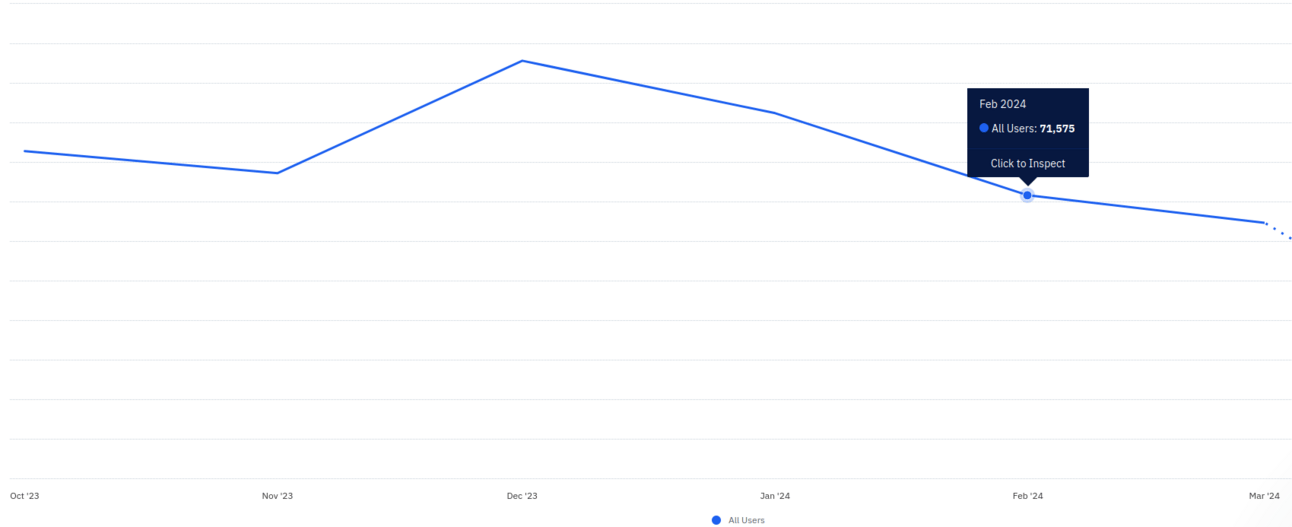
What's the story behind your brand and marketing approach?
To be honest, we still didn’t find our unique marketing strategy. We tried SEM, display ads, social ads, and newsletters, and none seemed to work well.
Lots of our traffic comes organically, so naturally we tried some inbound strategies such as blogs. Some of the blogs did better than average, but still nothing extraordinary.
We rank well for key keywords in our niche, so that’s driving our traffic. I believe the good and unique product is keeping us on the front page.
How did you attract and secure your first customers?
We mostly posted on social media: LinkedIn, Reddit, Product Hunt, and Hacker News. We did have one successful Reddit post. Other channels weren’t successful.
Most of our early customers found us via organic search. We researched the popular keywords using the Google Keyword Planner and designed the landing page copy according to that.
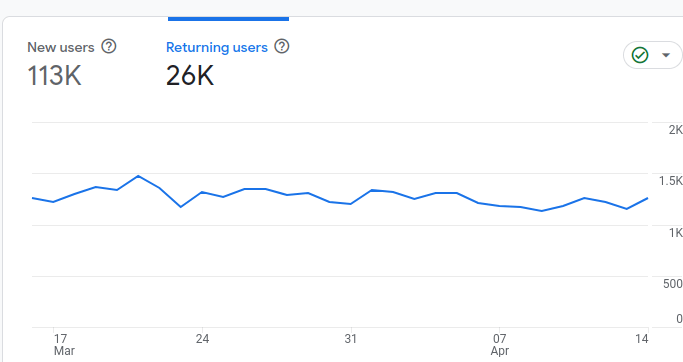
What's been your approach to product development?
As I’ve said before, run cheap and fast experiments. Don’t measure what users say, measure what they do.
How have you navigated the financial aspects of your business?
Our startup is 100% bootstrapped. My co-founder invested some of his money to fund my salary and server costs in the first 1.5 years.
The classical path is to raise a pre-seed round, hire up to 10 people, and try to do something in a year or so before you run out of money.
Our approach was to focus on traction and profitability from day 0. I think investment money is great when you know exactly how to get the desired results.
E.g. if we find a good growth channel with small experiments, and we now need money to expand on it, we will raise for that purpose.
It’s very beneficial to try to achieve things when you don’t have a lot of available cash. You learn to be very smart with the money because you’re forced to make inexpensive moves.
And when the money is running low, getting paid users and product validation becomes the #1 priority. It’s much harder to fall into the classical pitfall of focusing too much on the product, and too little on the user traction.
What future do you envision for your company?
We’ve just fixed major technical issues that were negatively impacting our business model, and the next big thing is user growth, both B2C and B2B.
It’s a new product in a new market, so we still don’t know what works well. But that also makes it interesting. Lots of small experiments ahead of us 🙂
Where can curious minds find more information about your business?
- Website
- LinkedIn
- Youtube
- Facebook
Visual Storytelling
Product demo
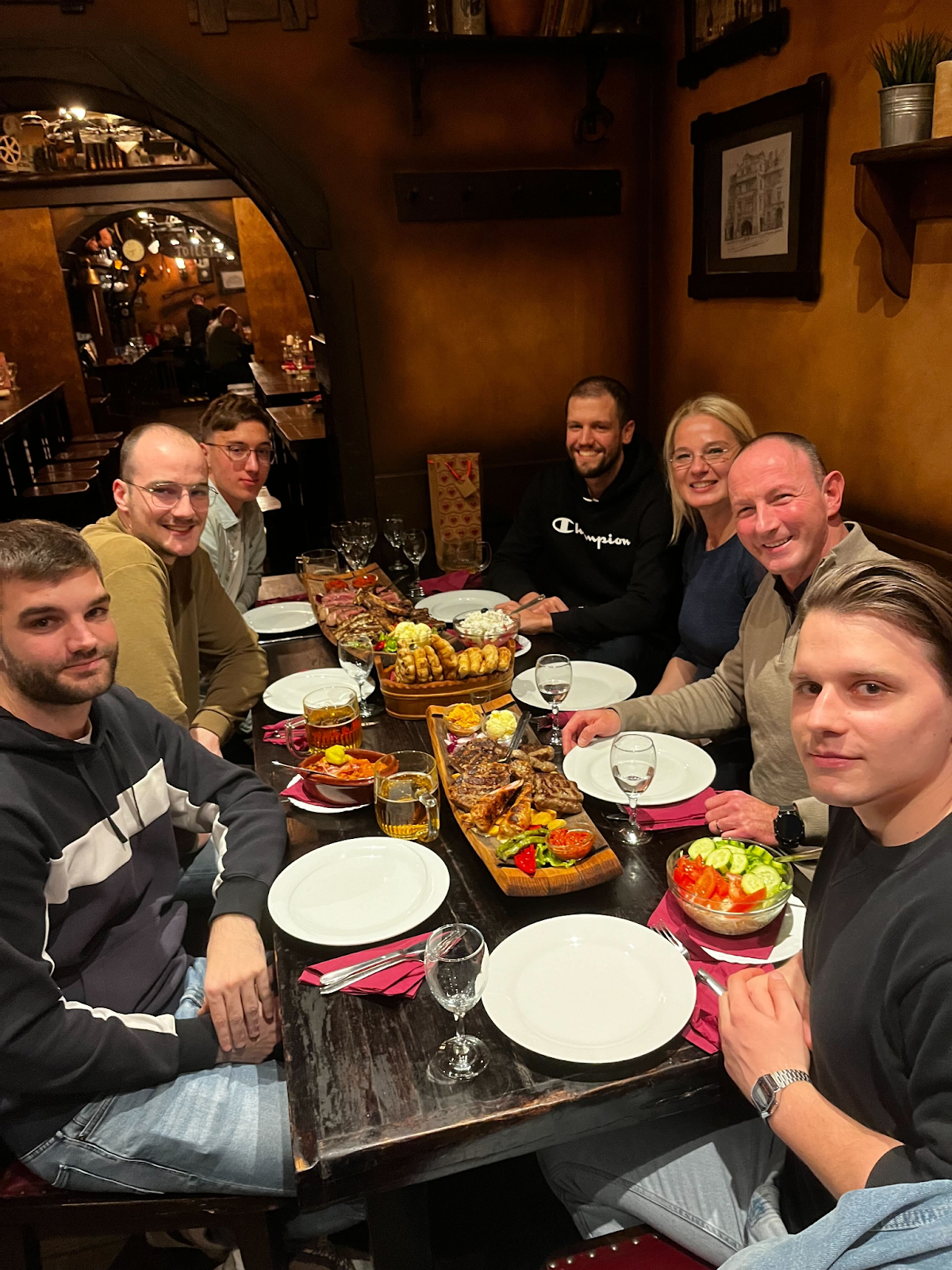
Interview with
Bartol Freskura
CEO, Co-Founder @ TensorPix
